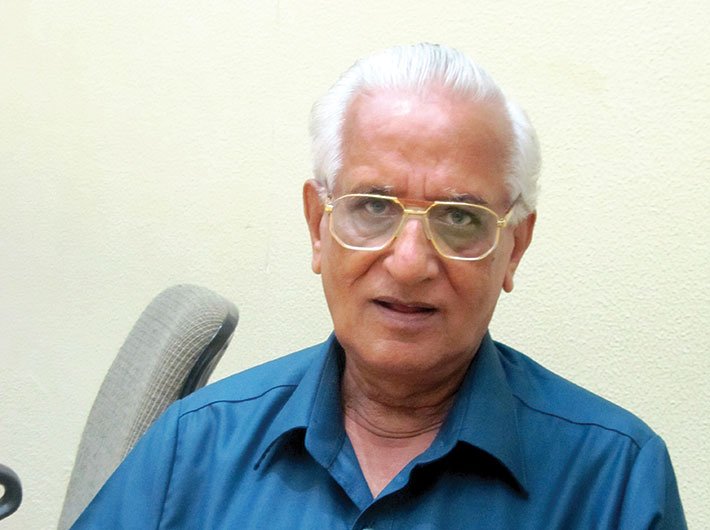A retired banker reminisces the second demonetisation, and lessons not learnt from it in the third
The sudden announcement of demonetisation came as an inconvenience to 76-year-old SK Nangia. The morning after November 8, he had to travel to Hastinapur from Delhi by road, covering a distance of over 100 kms. But he was carrying currency notes of only Rs 500 in his pocket. “I had to beg someone for Rs 200,” he says with a laugh.
In an another incident, Nangia, a former banker and an RTI activist, describes the situation at a bank that he visited out of curiosity upon witnessing a huge crowd – mostly of farmers – that had gathered at the branch. As the new currency had not arrived at that time, arguments broke out between agitated people and bank officials. The officials were trying to pacify customers by telling them that new currency would arrive soon. The heated arguments, however, were quickly leading to shoves.
Going back to the year 1978 when the government had banned Rs 1,000 currency notes, Nangia recalls, “I was the branch manager at an SBI branch in Meerut. In those times, Rs 1,000 used to be a big amount, while denominations of Rs 500 did not exist. The target group then was only the rich who were holding unaccounted money. The common man was not affected at all and thus welcomed the move.”
But today there is a difference, says Nangia, as nowadays carrying Rs 500 and to an extent Rs 1,000 notes is common even for those employed in low-skill professions.
Nangia’s salary as bank branch manager was Rs 1,200. “We would only have Rs 100 denominations with us and the ban did not affect common man at all. Also, there were many people who did not deposit money in banks, and thus could not be detected easily.”
Nangia, who retired as deputy general manager of SBI in 2001, though feels that in principle the approach and surprise element produced by the government’s action this time is good but lack of preparatory arrangements to enforce the measure is causing problems to the common man. “Seventy percent of our population lives in rural areas; it is these people who are facing more problems.”
He points out another problem, faced by banks that have been working day and night. At the end of the day after banks finish their transactions, they keep the money in the strong room. But now they will also have to store the new currency in the same room. “A branch manager was telling me that there is no place to store the currency and they will have to keep it outside on the table which again can be a serious problem. The rural and semi-urban areas where there are no banks have to face huge problems. Post offices do not have much cash. Many people in rural areas may still not have Aadhaar or PAN cards,” he says.
Expressing his concerns, Nangia adds, “There is no business happening in the market as Rs 100 notes are not available. Banks are now circulating old and soiled notes. Post offices do not have enough cash and there are limited transactions there.”
Nangia feels that with the procurement season of kharif crops coming soon, there is requirement for adequate cash currency and in the absence of the same people are agitated. “If the mill owner is not able to take out money from the bank and pay the farmer for buying sugarcane, the situation may turn into a dangerous law-and-order problem.”
geetanjali@governancenow.com
(The article appears in December 1-15, 2016 edition of Governance Now)

